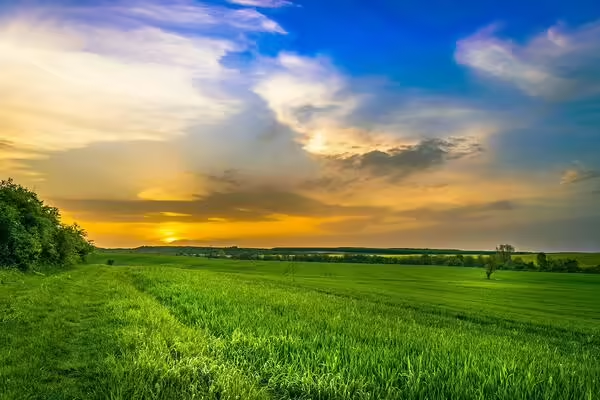Title
There's so much to learn about wildlife
From prairie grasses to painted turtles and bobolinks to badgers, Illinois is home to many resident and migrating wildlife. Our vast state is a meeting ground for species whose ranges are primarily eastern or western, northern or southern, which makes Illinois a fantastic place to observe a wide variety of wildlife.
Choose how you learn
Attend a program
Local Extension offices around the state offer in-person programs and our network of experts provide webinars on a variety of topics. Explore upcoming events and updates related to wildlife or connect with your local Extension office.
Watch a video
All Extension webinars are recorded and available to watch at any time along with a variety of how to videos. Explore a variety of wildlife topics in the Everyday Environment series and related conservation opportunities through gardening videos. Interested in native grasses? Check out Grasses at a Glance videos or Which Grass is Which.
Read a blog or listen to a podcast
Everyday Environment series: Everyday Environment explores the intricate web of connections that bind us to the natural world. From water, air, energy, plants, and animals to the complex interactions within these elements, unravel the ties that link us to our environment through podcasts, blogs, webinars, and videos.
Grasses at a Glance blog: Get insights on different types of grasses, native and non-native found in Illinois. Explore how to identify and manage them.
Nutrient Loss Reduction blog and podcast: What is nutrient pollution and why is it a problem? Explore all about nutrient loss in Illinois waterways and how we can help.
Voice of the Wild podcast: Join Voice of the Wild every Friday to explore a new wild song. From time to time, we’ll also do a deep dive into wildlife science, news, and natural history.
Title
Where are Illinois wildlife?
Learn about the habitats of some native and non-native species and understand how they are distributed across the Prairie State. Explore a range map of different amphibians, birds, fish, mammals, reptiles, arthropods, mussels, and plants found in Illinois.
Everything is connected. Explore Extension resources on these topics.
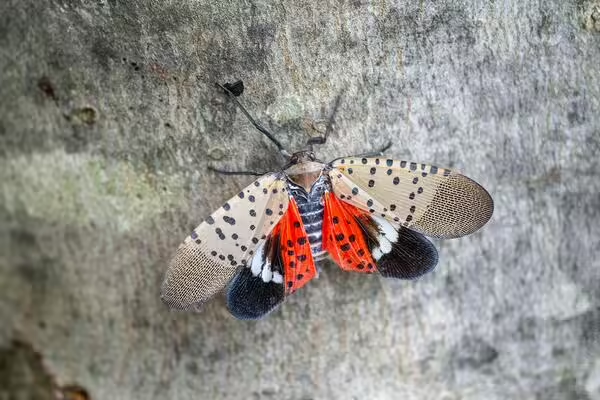
Invasive Species
Invasive species are an environmental and ecological problem for everyone. Explore how to prevent, identify, and manage invasive plants, insects, aquatics, and animals.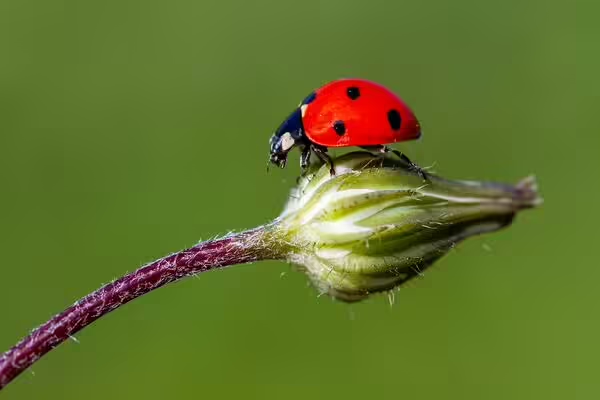
Insects
From pests to pollinators, insects make an impact. Only 1% to 3% of insect species are harmful. Learn how to identify pests and beneficial insects.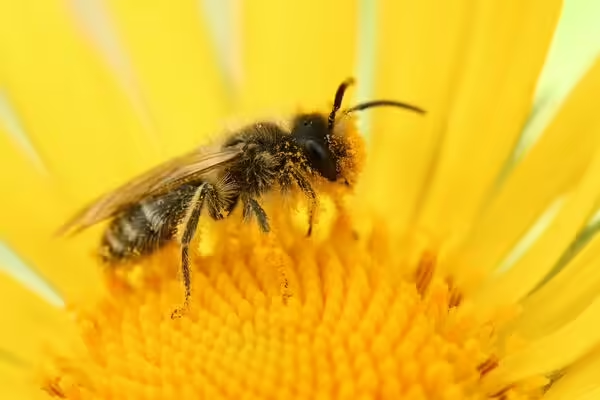
Illinois Pollinators
Pollinators are vital to both plant and human life on earth. In recent years, pollinator populations have been declining dramatically. Explore how you can support pollinators.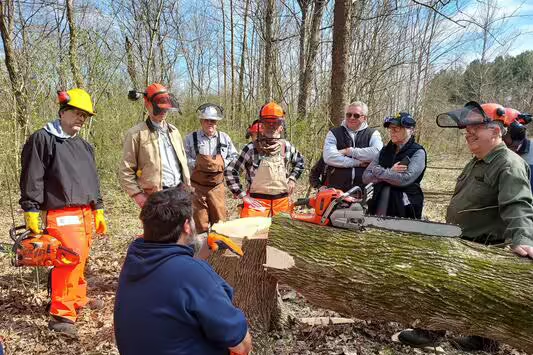
Forestry
The forestry program provides resources, technical assistance, and programs for private forest landowners. Find information about the Big Tree Register, tree care, and managing forests for wildlife.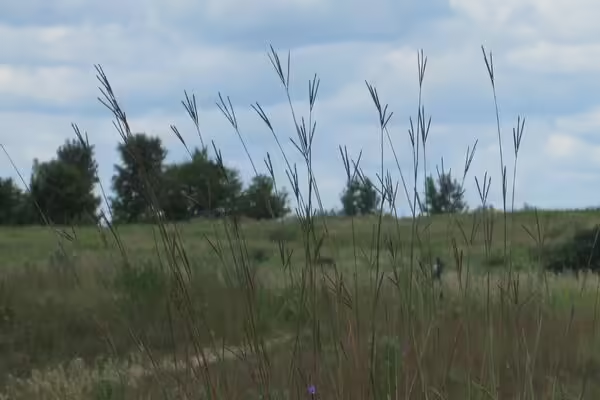
Grasses
Grasslands cover nearly one-third of the Earth's surface. They improve biodiversity, regulate water flow, control erosion, mitigate climate, and enhance pollination. Explore which grasses are beneficial or harmful and when to take action.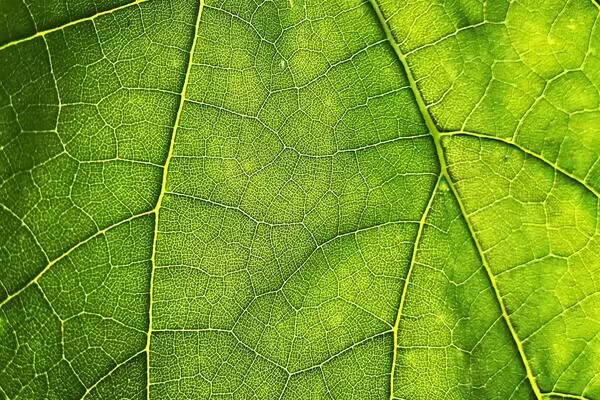
Plant Problems
Problem with your plants? Explore animal or insect damage, environmental damage, diseases, herbicide injury and more.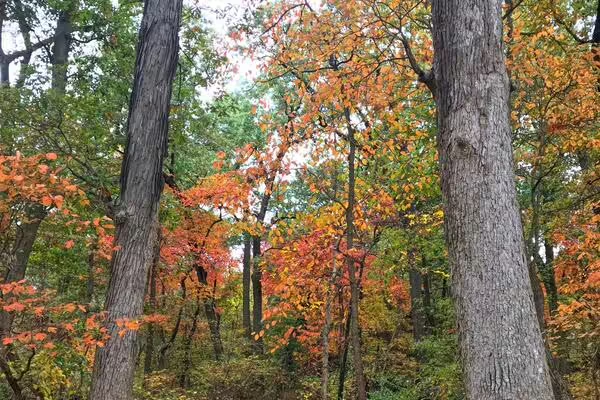
Natural Resources
Connect natural spaces by learning about conservation and habitat restoration.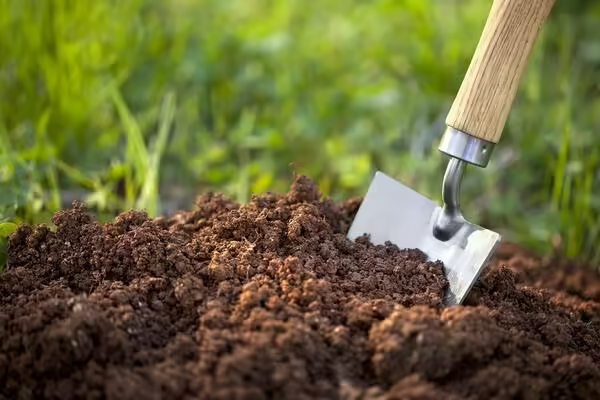
Soil
Soil supports all life. It provides the foundation for plant growth for food production, livestock grazing, infrastructure development, and human enjoyment. Start your journey to healthier soil.
Composting
Home composting is a great way to support our environment by building health soils while reducing the volume of waste going to landfills. Learn about the decomposition process and how to turn waste into valuable organic matter by starting a compost pile.
Climate
The science is clear, the world's climate is changing. Explore the impacts on Illinois, mitigation methods, and resiliency approaches.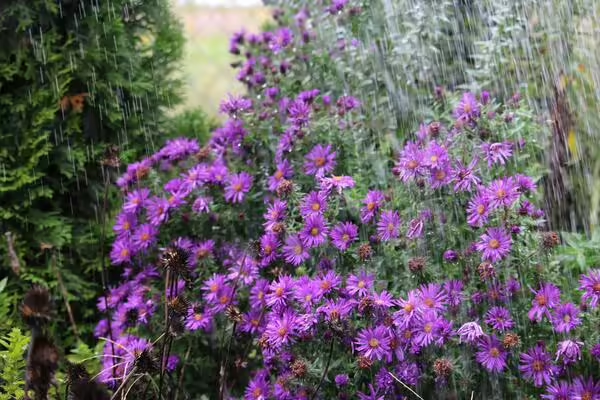
Rainfall Management
Is rainwater an issue at your home or community? Whether it’s too much, or too little, Extension provides resources on how to manage rainfall and what you can do at your home and community.